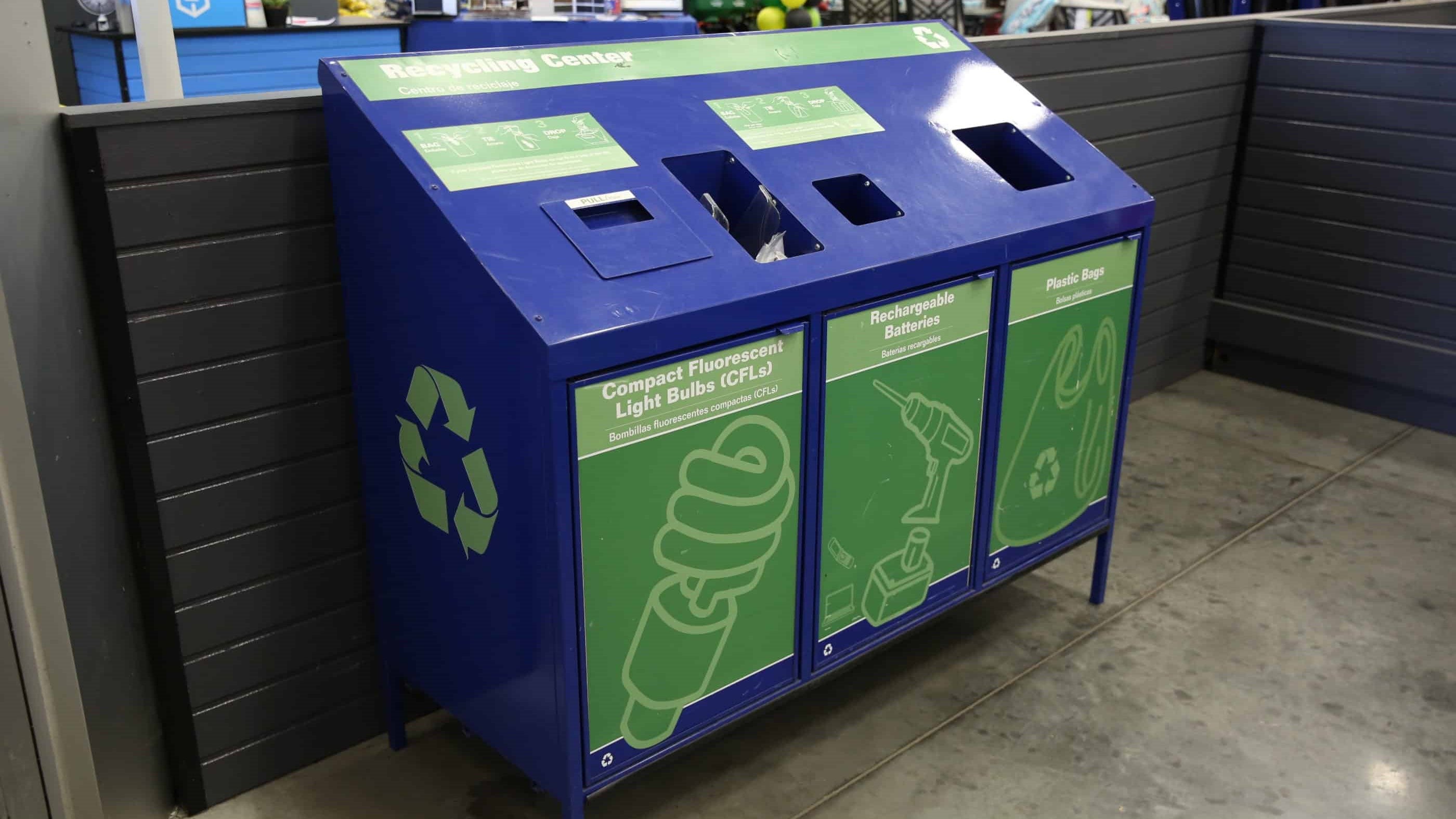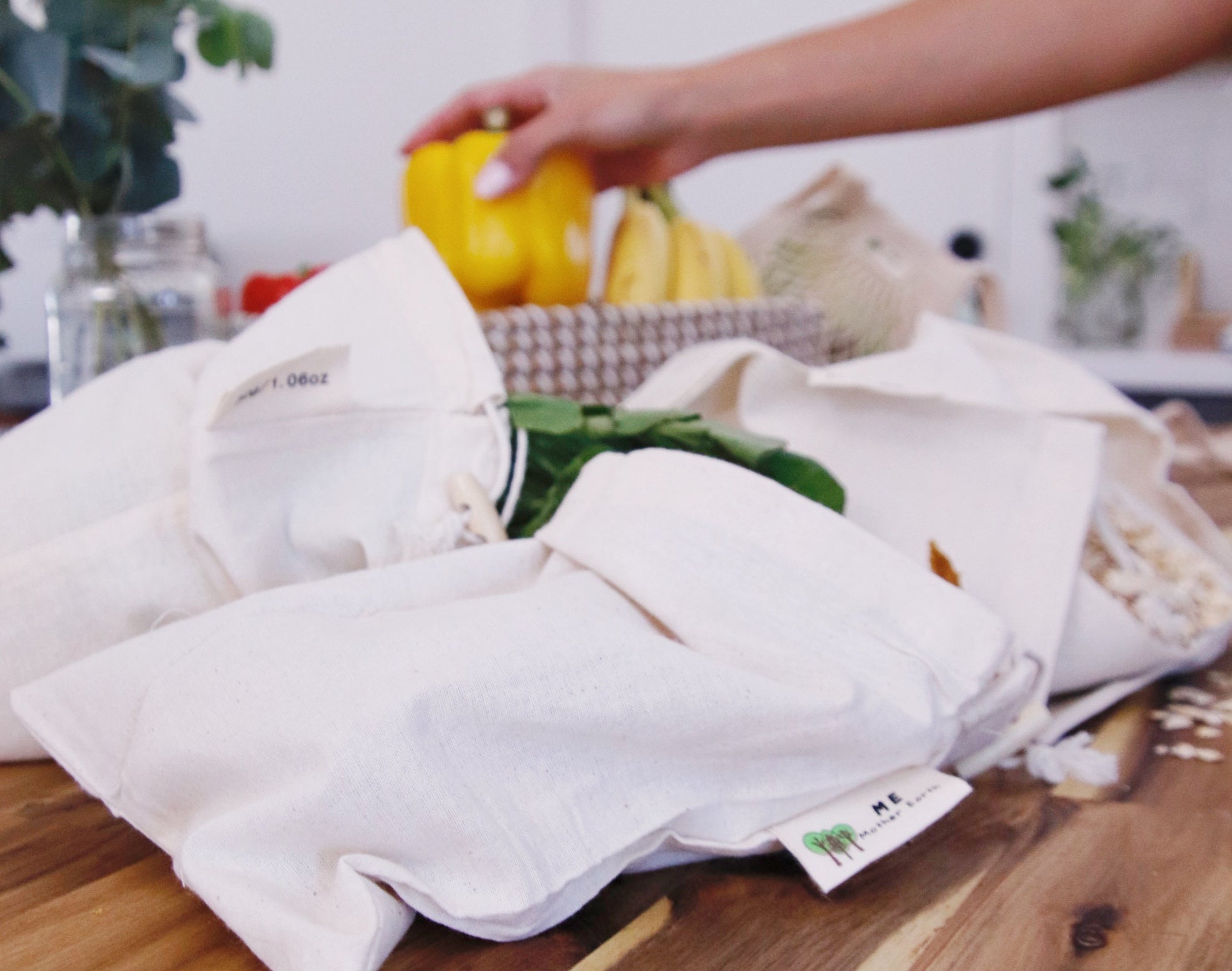Ways Sustainability and a Clutter-Free Home Go Hand-in-Hand
In today's busy world, where the hustle and bustle of daily life often leaves us feeling overwhelmed, the concept of sustainability extends beyond just environmental concerns. It also encompasses our personal spaces, particularly our homes. Let's explore the synergy between sustainability and a clutter-free home, demonstrating how the two can coexist and even enhance our quality of life.
Sustainability and home organization may seem unrelated at first glance, but here are some key ways in which they complement each other:
Reduced Consumption
One of the fundamental principles of sustainability is reducing our consumption by buying less and being more mindful of the things we DO need to buy and the resources that take to make those things. When we embrace a clutter-free lifestyle, we inherently buy less and utilize what we have more efficiently. This not only conserves resources but also saves money in the long run.
Minimalist Design
Sustainability often aligns with minimalist design principles, emphasizing simplicity and functionality. When furnishing your home, prioritize high-quality, sustainable furniture crafted from eco-friendly materials and buy secondhand before new if possible. This not only minimizes waste but also guarantees the longevity of your furniture. Remember! Finding unique pieces may require a bit more time and patience. And just as in any other shopping environment, even in thrift stores, it's possible to be tempted to purchase more than we genuinely need. Ask yourself "do I really need this?"
Additionally, don't underestimate the power of upcycling and repurposing items you already own. Breathe new life into old furniture or decor with a fresh coat of paint or a dash of DIY creativity. Hit up Pinterest for this!
Staying true to the minimalist ethos means making intentional choices that align with both our values of sustainability and are functional in our lives.
Responsible Disposal
Proper disposal of items we no longer need is a crucial aspect of sustainability. When we declutter our homes, we have the opportunity to responsibly dispose of or recycle items, reducing our contribution to landfills and minimizing our environmental impact. For the safety of our groundwater, it's extra important to recycle old lightbulbs, batteries, and old/broken electronics. Many retailers and recycling centers accept these items for proper disposal.
Lightbulbs, especially fluorescent and CFL bulbs, may contain hazardous materials like mercury and should not be thrown in the trash. Retailers like Home Depot and Lowe's often have collection bins for used bulbs. Batteries, particularly rechargeable ones, contain toxic chemicals, making battery recycling essential. Recycling electronics is crucial for the planet as it helps in reducing hazardous waste, conserving resources, and reducing the carbon footprint to manufacturer new items from scratch.
To recycle electronics, locate a certified e-waste recycler through local government websites or electronics stores, as they ensure safe and environmentally friendly disposal. Best Buy is a great option, but they typically charge for tv disposal. If you're local to Las Vegas, Nevada State Recycle is a great resource for e-waste and scrap metal. Recycling e-waste conserves precious materials like metals from microchips and wiring. And they are also able to recycle the hard plastics and even glass from screens.
Make sure to always follow your local curbside recycling guidelines to contribute effectively to a more sustainable future while keeping your community clean.

Organize Efficiently
Creating a clutter-free space sustainably begins with a thoughtful approach to keeping things you already have organized! Invest in practical storage solutions such as storage bins, shelves, and cabinets to keep your home neatly organized, ensuring that items are neatly tucked away when not in use. Thrift stores are using full of these items from bins to baskets. These solutions promote tidiness and make it easier to find and access what you need.
Furthermore, continuously assess your possessions and shift your focus towards cherishing experiences over material things. This helps with the urge to accumulate unnecessary and "must-have" items you only think you need.
A clutter-free living environment has shown to foster mental clarity and reduce stress, enabling better focus and a greater sense of well-being. This improved mental state can influence our daily lives, encouraging more sustainable choices and a mindful, fulfilling lifestyle.
Replace Disposable Products with Reusable Alternatives
Make a conscious effort to reduce single-use items within your home as they run out. This not only minimizes waste but also significantly contributes to greener lifestyle habits. Start by swapping out disposable products with eco-friendly, reusable alternatives. Consider using reusable shopping bags when you head to the grocery store, helping to reduce the immense pile-up of plastic bags in landfills and in your home. Opt for a sturdy, stylish reusable water bottle that you can refill and carry with you throughout the day, eliminating the need for single-use plastic bottles.
In the kitchen, trade in disposable paper towels for reusable Swedish dishcloths, and choose reusable silicone bowl covers or vegan wax wraps over disposable plastic wrap. These small changes not only reduce waste but also save you money in the long run since they are meant to last for years!

By choosing reusable items, you're not only supporting sustainability but also streamlining your daily routine and minimizing the clutter in your home.
So there you have it, a clutter-free home not only promotes sustainability but also mental well-being. By adopting these principles, we not only establish a clutter-free, eco-friendly haven for ourselves but also play a part in fostering a more mindful and sustainable world.

